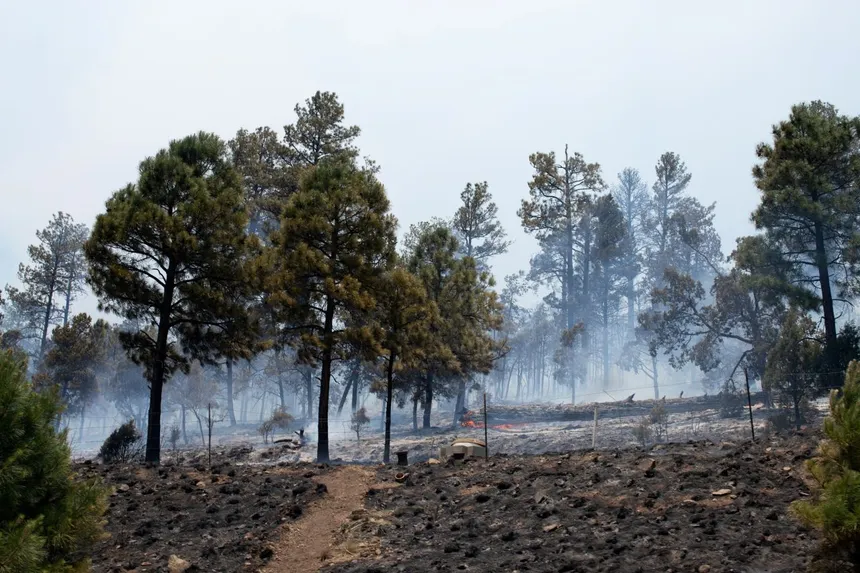A sweltering temperature spell has engulfed a significant portion of the central United States, leaving residents from the Gulf of Mexico to the Great Lakes to grapple with unbearable conditions. Record high temperatures were recorded in several states, including Texas, where the mercury soared to unprecedented levels.
Residents were advised to take extra precautions to cope with the extreme heat, such as drinking copious amounts of water while mowing lawns or engaging in outdoor activities, and checking in on neighbors to ensure they have access to air conditioning. The heatwave prompted the electric power grid manager in Texas to request residents to voluntarily reduce their power consumption for three hours on Sunday night.
The Dallas-Fort Worth area was bracing for a potential high of 110F (43.3C) on Sunday, a few degrees higher than the record high of 107F (41.7C) set in 2011. National Weather Service meteorologist Sarah Barnes attributed the sustained heat to the area not cooling down enough at night, which increased the risk of heat-related illnesses.
“That’s really going to contribute to an increased risk of heat-related illnesses,” Barnes said. “That’s the main concern when it comes to people and the heat.” The electric reliability council of Texas (Ercot) issued a plea for voluntary power conservation, citing “extreme temperatures, continued high demand, and unexpected loss of thermal generation.”
The request was not an emergency measure, but rather a proactive step to mitigate the impact of the heatwave. Many residents remained vigilant, recalling the devastating winter blackout that left thousands without power more than two and a half years ago.

Meanwhile, parts of Texas’s Gulf coast were placed under a warning for a potential tropical storm expected to make landfall on Tuesday. Elsewhere, state officials urged caution, particularly for vulnerable individuals such as the elderly and those who live alone, emphasizing the importance of visiting loved ones to ensure their well-being.
The current heatwave is just the latest in a series of extreme weather events to affect the United States this year. Climate scientists have long warned that global warming, driven by the burning of fossil fuels, deforestation, and unsustainable agricultural practices, will lead to more frequent and prolonged episodes of extreme weather, including record-breaking temperatures.
The entire globe has been experiencing record heat in both June and July, and the consequences of climate change are far-reaching, from wildfires and floods to droughts and heatwaves. The National Weather Service issued excessive heat warnings and advisories for parts of Texas, Louisiana, Arkansas, Oklahoma, Kansas, Missouri, Illinois, Iowa, and Nebraska, as well as heat watches in other regions.
The Centers for Disease Control and Prevention report around 600 to 700 heat-related deaths annually in the United States, although experts suggest that this figure likely underestimates the true impact of heat stress, as different counties calculate heat deaths using varying methods.

